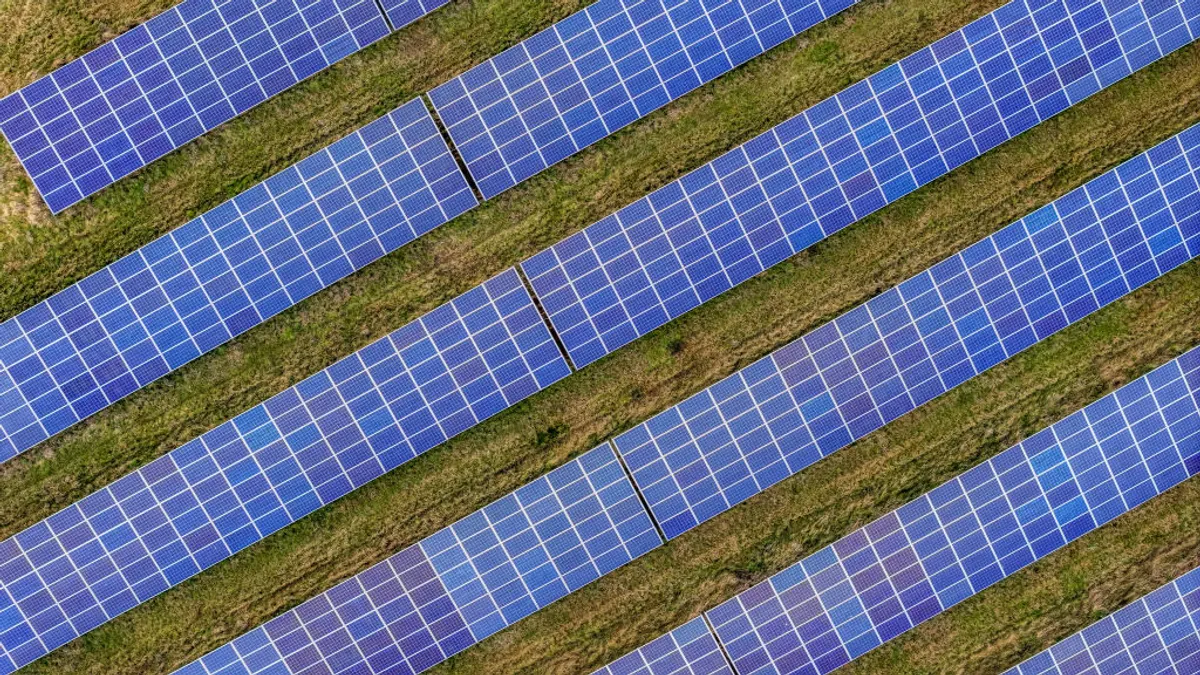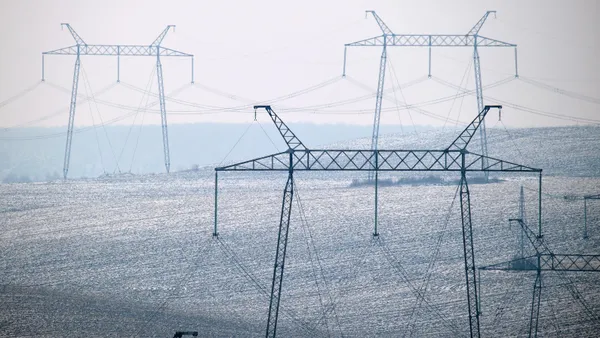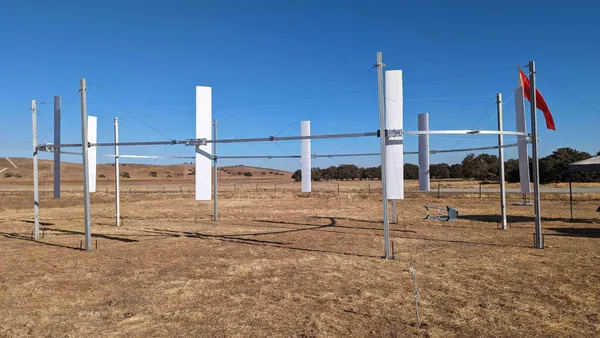Dive Brief:
-
Utah's Public Service Commission is set to review a proposed solar export credit averaging $0.015/kWh for Rocky Mountain Power customers with rooftop solar.
-
The export credit would replace Utah's net metering program, which ended in 2017 per the terms of a settlement agreement with the state's rooftop solar industry and environmental advocates.
-
Advocates of solar energy oppose the credit, and some who were not party to the 2017 settlement called for a return to net metering. "I think it is among one of the worst rates in the country," said Kate Bowman, renewable energy program manager for Utah Clean Energy. "It's not a good model or precedent, and it really stifles what should be one of the best solar markets."
Dive Insight:
Solar and environmental advocates in Utah agreed in 2017 that the state should end net metering and replace it with an export credit, citing what was at the time an unprecedented surge in households installing rooftop solar. But after several years of declining installations, some say Utah's monopoly electric utility Rocky Mountain Power has gone too far.
Per the terms of the 2017 settlement, Rocky Mountain Power currently pays $0.092/kWh for electricity exported to the grid by residential customers with rooftop solar. This represented a slight decrease from the one-to-one kWh exchange under net metering, which valued exported power at just over $0.10/kWh.
Under the proposed rate, residential customers with new rooftop solar installations would receive a variable credit, averaging $0.015/kWh but ranging from $0.013 to $0.026/kWh depending on the time of generation. Exact rates would be subject to annual adjustments.
Although Rocky Mountain Power argues the rate is more in line with what it would pay for solar power available from utility-scale generators, solar advocates say the proposal sends an erroneous message that rooftop solar is essentially worthless.
"If Rocky Mountain Power's proposal is approved, many solar customers would never realize any savings," Bowman said during a press briefing last week.
A competing analysis and proposal by nonpartisan solar advocacy group Vote Solar argues the total benefit Rocky Mountain Power gains from exported rooftop solar is worth closer to $0.24/kWh when factors such as avoided compliance costs and line losses are taken into full account. Sachu Constantine, Vote Solar regulatory managing director, argued these findings suggest a return to net metering would far outweigh the costs to the utility.
Some within the state's solar industry, such as Utah-based Blue Raven Solar, support Vote Solar's suggested return to net metering, arguing Rocky Mountain Power's proposal would accelerate damage already inflicted upon the rooftop solar industry by the 2017 settlement.
"The fate of Utah's solar industry hangs in the balance, and this isn't an exaggeration," Joshua Neves, general counsel for Blue Raven Solar, said. "Following the last rate reduction in 2017, we saw a slow down, a significant slowdown ... The current proposal before the commission will harm jobs."
According to public filings by the Utah Solar Energy Association, solar installations peaked at 12,408 new installations in 2017, compared to 9,582 installations in 2018 and just 3,540 in 2019. The filing attributes the loss of several hundred jobs to the decreased credit rate, increased rate complexity and market uncertainty, but does not propose an alternative credit rate or structure.
As a party to the 2017 settlement with Rocky Mountain Power, the Utah Solar Energy Association agreed not to undermine the current PSC proceedings by advocating for a return to net metering.
Utah Clean Energy, also a party to the settlement, does not believe a return to net metering is necessary to stave off job losses, arguing that an export credit, set at a higher rate that is fixed for 20-year periods, could address rooftop installers' concerns. Other parties to the PSC proceedings, including Utah-based Vivint Solar, have called on the PSC to preserve the current export rate of $0.092/kWh.
Preserving a higher rate, according to Sierra Club Beyond Coal Campaign representative Lindsay Beebe, would preserve some 7,000 solar installation jobs and ensure clean energy remains an affordable option for more Utahns. The utility proposal, she said, "would put solar out of reach for anyone but the extremely wealthy."
However, Rocky Mountain Power spokesman Spencer Hall said access to clean energy is the utility's reason for proposing a lower credit rate. He cited the company's plans to install 7,000 megawatts of utility-scale renewable generation over the next five years, and a 2019 Tufts University study showing racial inequities in the adoption of rooftop solar.
"We're not anti-solar," he said. "We're anti-expensive solar. This proceeding is a reflection of the change in industry, and a maturation of solar."
Hearings before the Public Service Commission of Utah began on Tuesday, with public comments scheduled to take place on Oct. 5.













